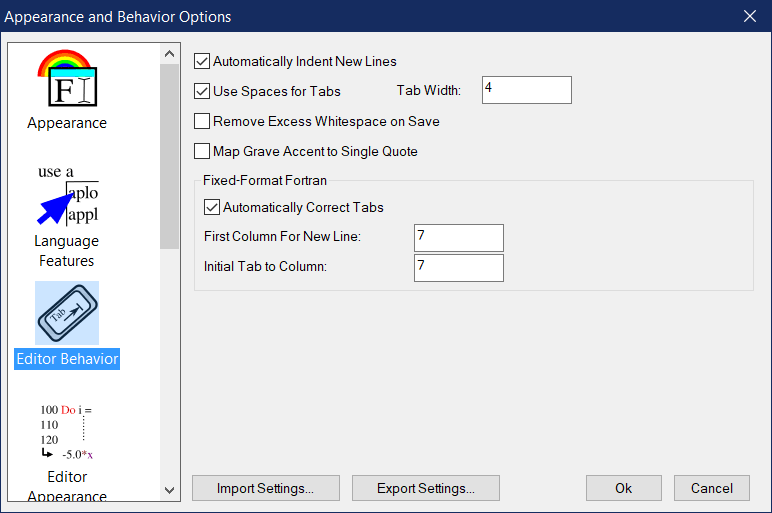


I find Fortran to actually be in many respects, simpler and easier to master than Python, especially since most Fortran code is not object-oriented, and you'll see that it's really designed for scientific computing (the way you can output numerical values for example, will probably convince you of this). Changing the number of digits for a numerical output in QE is an easy thing that I think you can try doing right now! Next you can add more output (more words, more numbers, etc.) You could also try to add new input flags for the feature you want to implement, and at every step of the way, see if it compiles, and follow the error messages at compile time: I learned so much Fortran that way! Very soon you'll find yourself feeling quite comfortable and you'll gain your confidence this way! I recommend playing around with existing Fortran code, and adding simple features with gradually increasing complexity. It turns out though that I learned much faster "by doing" rather than by reading. I went to the library and picked up a bunch of books (online tutorials and youtube videos were unheard of at the time), thinking that I'd learn based on strategy #1 above. When I began Fortran as an undergrad summer student, I was told ahead of time that I'd be coding in Fortran, and I dreaded it. (2) Practicing: As the comment by user tmph says the best way is often just to practice. Fortran tutorial youtube video (for those that like to listen rather than read).(there's a multitude of links to other tutorials and books there!).(1) Tutorials: As with any programming language, there's plenty of books and tutorials for Fortran, and some of these come with exercises you can do to help you learn the language. However as a Fortran programmer myself, there's two strategies I can recommend: The concept of "mastering" a programming language is a bit subjective, and people typically don't "master" a language with "minimal effort". "How to master Fortran programing with minimal effort?"


 0 kommentar(er)
0 kommentar(er)
